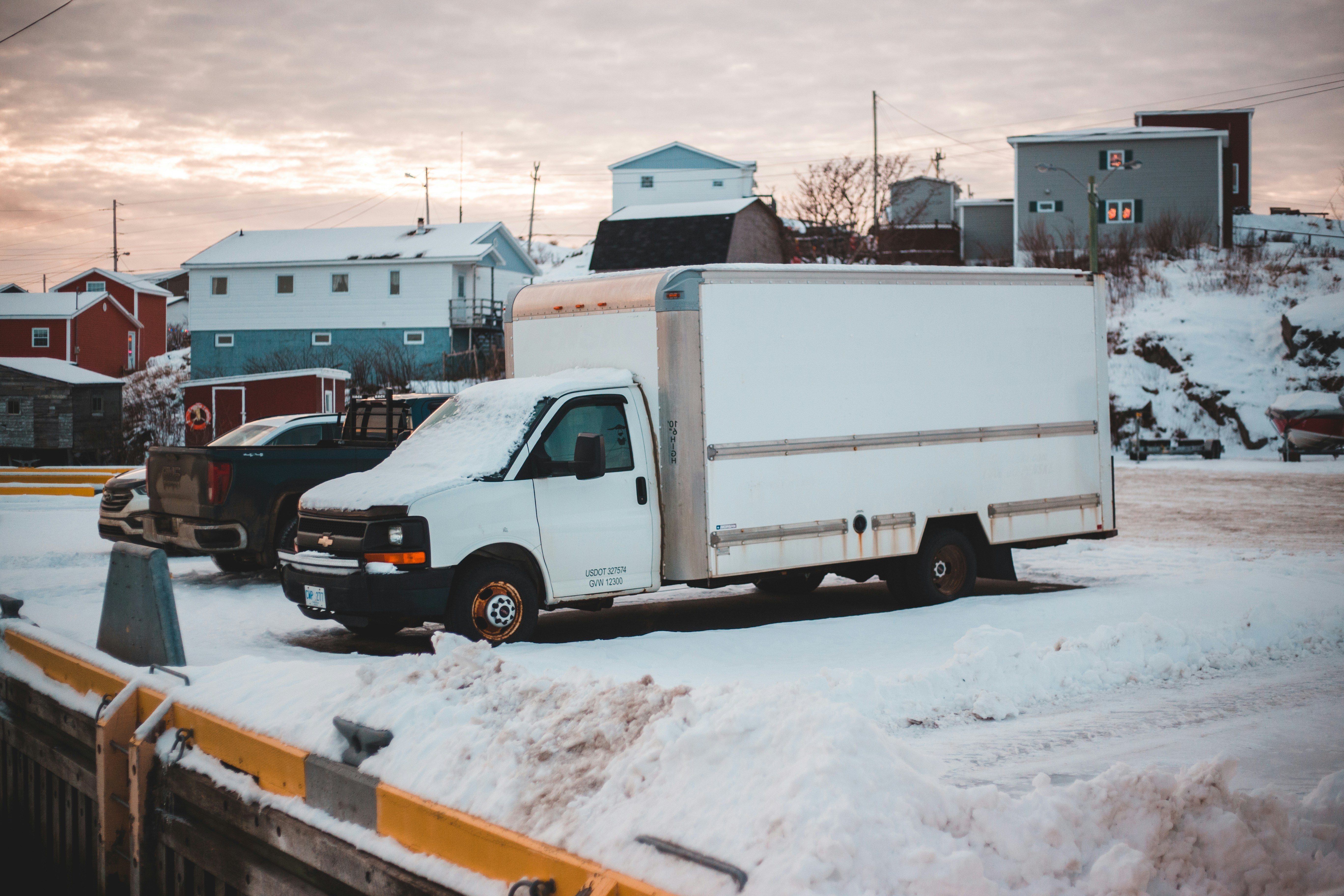Whether it’s by managing the costs of moving, or getting to know your new home, moving interstate can present a unique set of challenges. If you’ve moved locally before, it won’t take you long to realize that moving out of state is a much harder process. It’s essential that you take time well before your anticipated move, and plan out everything that you still need to do and then schedule for when you plan on doing it, or else it’s easy to find yourself falling behind. One of the best ways to keep organized is to make a list and update as you make progress. Let’s go over ten quick items to include on any interstate moving checklist.
1. Visit the state and city you’re moving to.

This might seem obvious, but you should make at least one trip before moving out of state. Many people think they don’t have the time, especially if it’s a sudden relocation or a work-related move, but it’s important to get a feel for your new home. You can check out the more famous attractions on the way, but look online for tips on restaurants and shops that locals use first.
2. Set a realistic budget.

Moving isn’t cheap and moving out of state is even more expensive. The average cost of hiring professional movers for an interstate move, according to the American Moving and Storage Association, is over $4,000. Even if you plan on doing it on your own, a truck, supplies, gas, and other expenses can add up. Don’t forget to put money aside for any extra or unexpected expenses. Look for a fair price for services you need, but be careful not to overpay.
3. Research moving companies.

If you choose to use a moving company, do your research to ensure that you find one who will do a great job at a fair price. Look at customer reviews for any company you’re looking into and find out what the average mover charges. You want to make sure you aren’t getting ripped off, but be wary of any price that seems too good to be true.
4. Make a plan to pack.

Creating a timeline and a schedule for packing up your belongings is a great idea. Start with non-essentials or anything you don’t plan on using in the weeks leading up to your move. Essentials like kitchen supplies and toiletries can be saved for last, as you’re likely to need them until the last moments in the old place.
5. If you’re driving, protect your car.

Often when moving across the country, you’ll need to drive to your destination. Before you put your car through the trip, ensure it’s protected. Make sure you have comprehensive car insurance and your vehicle is prepared for any extreme weather you may encounter. Comprehensive coverage is important because it covers accidental damage, malicious damage, theft, fire, hail, and third-party damage. Whether you’re worried about bad snow, vandalism, or even a natural disaster, you’ll rest easier knowing you have the type of coverage that’ll keep you protected, and safeguards your car’s value.
6. Transfer your utilities before move-in day.

You don’t want to arrive at your new home and find the lights won’t turn on. Contact your utility company and inform them of your move, and then go ahead and schedule a transfer or installation date for your new house. Utilities generally include cable, internet, gas, water, electricity, and satellite.
7. Forward your mail.

Forwarding mail is simple and can be done in advance of your move. You can use the USPS website to update your address and select the date from when you’d like your mail forwarding service to begin. You can also look into renting a PO Box for when you move if you’re interested, or are using one currently.
8. Change any licenses as required by state law.

Once you move, you’ll likely need to change your driver’s license. Every state has different rules regarding how long you have to do so. Pet licenses will also need to be updated and obtained once you’re in your new city.
9. Ensure your new home is in sound structural condition.

If you’re a homeowner, you’ll want to make sure any structural damage or wear and tear is taken care of before you arrive. If you’re worried about a damaged or aging roof, invest in a roofer for a roof repair or replacement. So if, for example, you’re moving from San Diego to Bethlehem, look for Bethlehem roofers in Pennsylvania. You should look for a roofing company close by, so that you can continue to use them for any future roofing needs. If you live somewhere that has intense weather, or natural disasters like tornadoes, hurricanes, or earthquakes, a quality roof is absolutely essential.
10. Let others know about your big move.

Don’t forget to tell your friends, family, coworkers, neighbors, and other important people in your life that you’ll be moving. It’s unlikely that you’ll have time to tell everyone in person, so consider writing some emails and including your new mailing address, just in case anyone wants to send you mail in the future, or a housewarming gift!
There are a lot of things to keep track of, with even a local move, so expect to spend at least a few months planning. In addition to all the responsibilities related to the move itself, if you’re taking a road trip, don’t forget to make sure you have full coverage for the value of your vehicle in case of a car accident before you head out on the road. It’s not easy to pack up and leave for a new state, and it can be difficult to do on a budget, but if you’re willing to put in the time and effort to make a moving plan beforehand, you’ll have the best moving experience possible.
I’m a 20-something stay-at-home mother and wife. I have an amazing husband, a beautiful daughter, two loving dogs, and a lazy cat. I wouldn’t change my life for anything! I love to read, listen to music, cook and blog!

Speak Your Mind